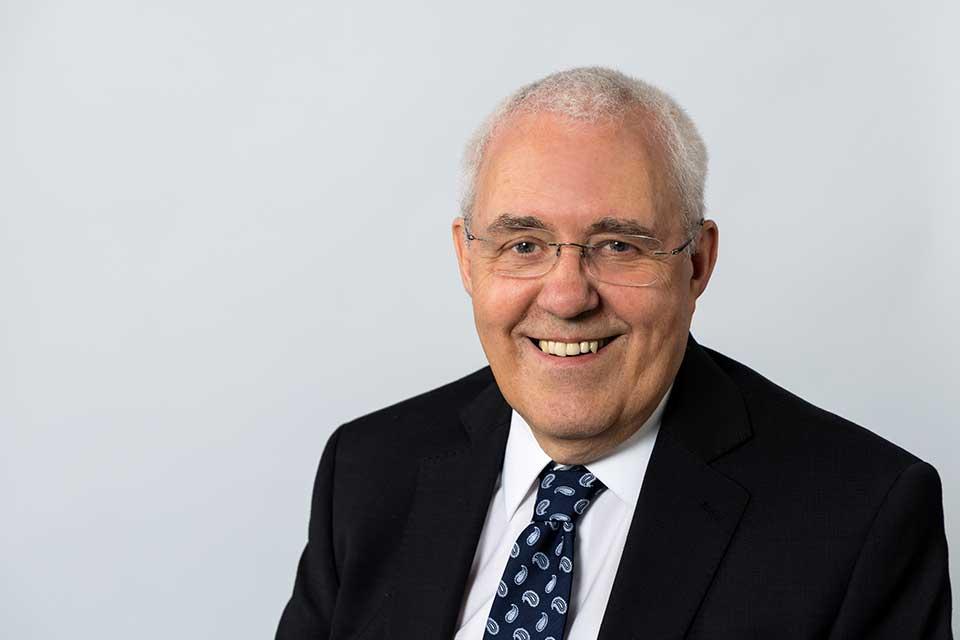Professor Tony Bell FRS has been awarded the Royal Society’s Rumford Medal for his seminal contributions to theoretical developments of cosmic ray acceleration and origins.
The Rumford Medal is awarded for outstanding contributions in the field of physics for important discoveries in the field of thermal or optical properties of matter and their applications.
He came to the University of Oxford’s Department of Physics in 2007, taking up a combined position with the Rutherford Appleton Laboratory in laser and astrophysical plasmas. Throughout his career, Professor Bell has explored the underlying connectivity between cosmic ray acceleration and electron transport in laser-produced plasmas.
Describing his work he says: ‘Cosmic rays are the highest energy particles in the Universe. The most energetic cosmic rays, mainly protons and other nuclei, have the individual energy of a well-hit tennis ball. They arrive at the rate of one per square kilometre per century – hence the difficulty in pinning down their origins. They probably come from active galaxies, but really we don’t know. At lower energies, still exceeding Large Hadron Collider energies, they can be directly observed being accelerated by supernova remnants, but the origin of the higher energy cosmic rays accelerated in the Milky Way galaxy is still a mystery. My contribution as a theorist is in the understanding of how cosmic rays are accelerated – the plasma theory is now reasonably mature but there may be surprises round the corner.
‘My other area of research is in using lasers for nuclear fusion. The recent achievement of ignition and breakeven on the National Ignition Facility laser in the USA, combined with the desperate need to develop clean sources of energy, has spurred on this field. My personal opinion is that there needs to be a further breakthrough in how we ignite the fuel if we are to transform inertial fusion from a hopeful possibility into a technology that can confidently be expected to deliver practically and economically.
‘It has been a privilege to spend my life in science. I am delighted with this recognition of my contribution.’
‘Tony is a leader in his field and he has not only played a pivotal role with his research but also in his contributions to the Department of Physics for the last 17 years,’ comments Professor Ian Shipsey, Head of Department. ‘I am absolutely delighted that he has been recognised by the Royal Society, once again, for his work.’

